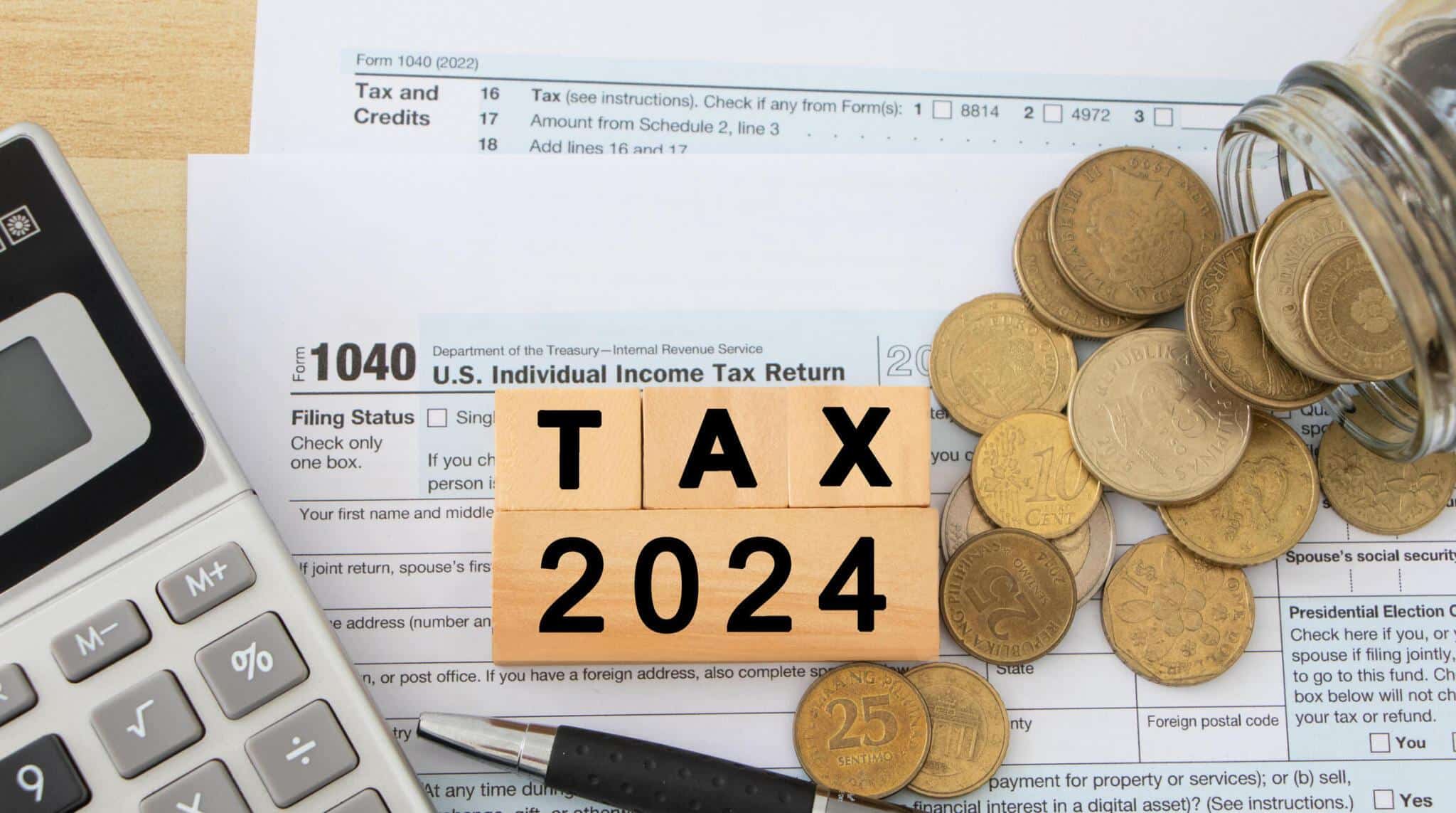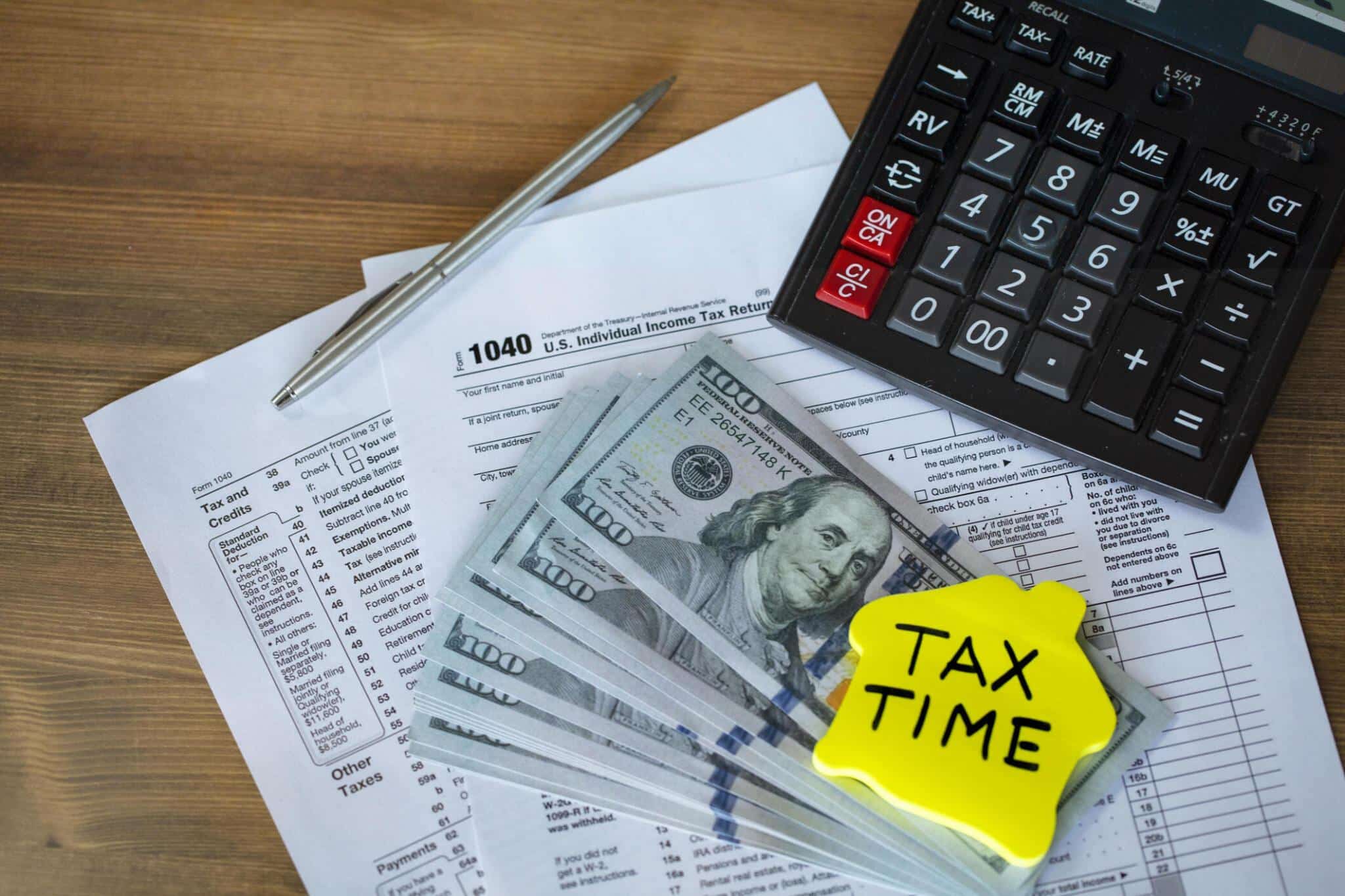Expenses have risen across the board and many businesses are keen to identify ways to reduce costs so they can remain in control of cash flow and finances.
Making more money is the goal for almost any business but as the saying goes, ‘Revenue is vanity and profit is sanity’.
No matter how much money you make, you need those profits to actually put in your own pocket and ensure your business is viable (and valuable).
So how do you reduce costs when they are rising all around you? These are some of the expenses to review or get rid of:
Subscription creep
You are probably signed up for a few streaming services at home that you never watch and may even have completely forgotten about. The same thing can happen with software platforms in your business. It’s easy to get excited by various services and sign up for an annual subscription but then forget all about them after a couple of months.
Some take a direct debit payment each year, without you even noticing. Ask your financial controller or advisor to send you a report of your subscriptions so you can figure out which platforms you’re paying money for that you don’t use.
Non ‘mission-critical’ expenses
When things are going well, it’s easy to add luxuries and nice-to-have items to your expenditure. An office may splash out on flowers for the reception desk. A trade business may buy new instead of second-hand equipment.
In times when money isn’t flowing as readily, these expenses need to go. It’s hard to give up luxuries but often once they are out of sight, they’re usually out of mind. You can always see it as ‘taking a break’ rather than cancelling completely.
Outsourcing costs
Often, a lower cost freelancer can achieve the same as an agency when it comes to things like marketing or online management, without the high expense.
Freelancers are usually sole traders who run very lean. There is a risk they will become overloaded and won’t have time for you so talk to them about a monthly arrangement so they can plan ahead.
You might also choose to outsource to a freelancer overseas who will be even more cost-effective. Run a trial of their services so you can make sure they are reliable and can speak the ‘language’ of your business.
Long-tail spending
Some businesses take a macro approach and break expenses down by category during financial reviews. This is fine when cash flow isn’t a problem but if profits are dropping, you may need to take a deep dive into what you are actually spending money on.
Things like freight, office supplies, entertainment expenses and uniforms may be costing your business more than they need to. If your contracts with providers are running month to month, you may be able to review them to reduce business costs.
Efficiency
Sometimes you can spend to save. For example, if you have someone entering data into a spreadsheet by hand, there may be a way to automate the process. If you’re losing a lot of time quoting on jobs, there may be a software solution that saves time.
There are a multitude of efficiency-boosting products and software solutions for almost every industry. From video creation tools to task management platforms, if you can use these tools to reclaim even an hour that can be put towards productive work, you’ll be able to reduce the expense of administrative and repetitive tasks and become a more profitable business.
One way to be able to focus more time on work is to outsource to a reliable tax accountant. When you work with someone experienced, efficient and knowledgeable, they’ll be able to save you from handling your BAS and tax return on your own.
Contact Mobbs & Co for cost-effective tax accounting today.










